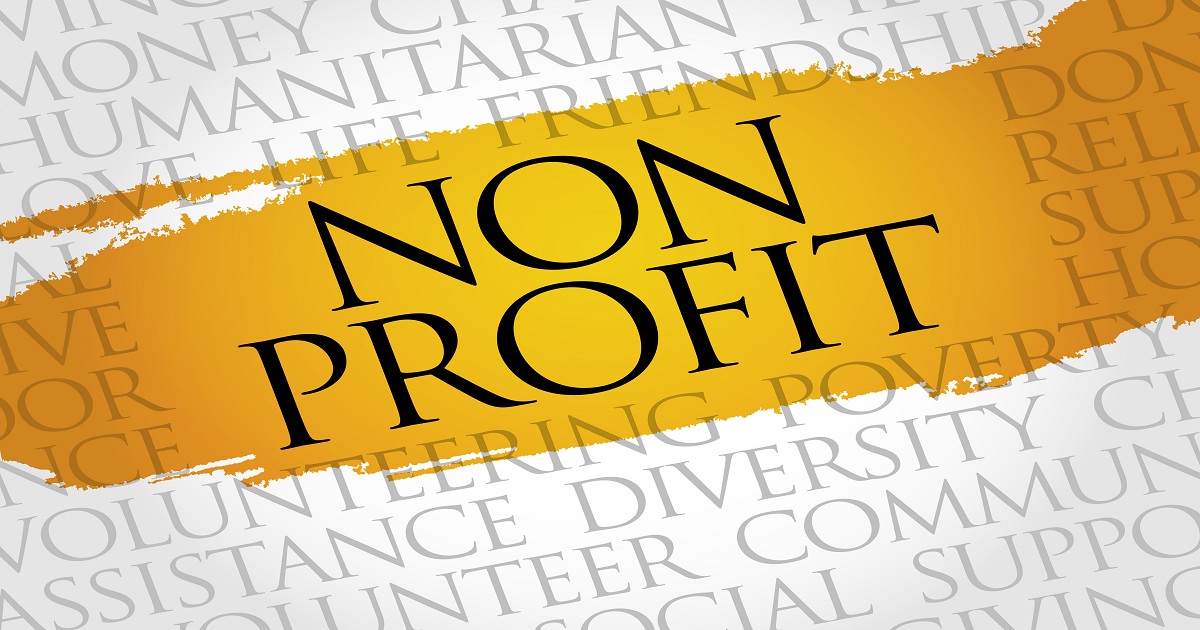The Economy Is Changing and So Must We: A New Charge for Nonprofits
Nonprofit Quarterly | July 09, 2018

Since fall 2017, the Nonprofit Quarterly has covered a growing number of stories on emergent forms of economic organization. This includes writing on employee ownership, cooperatives, social enterprise, community development finance, anchor institutions, the growth of nonprofit-owned businesses, and the rise of community land trusts. We’ve run features on a union-co-op conference in Cincinnati; on the use of employee ownership as a business succession strategy as the baby boom generation retires; and on the rise of platform cooperatives that is, app-based platforms that are co-owned by the workers, in lieu of the investor-owned Ubers of the world. In their own right, these are important stories, but there is something deeper going on here, too. A few years ago, Clara Miller, then president (now president emerita) of the F.B. Heron Foundation, wrote a paper titled “The World Has Changed and So Must We.”2 Miller was talking about capital markets and the need for a mission-based approach to investing foundation assets. But what about us? In other words, what is the role of civil society the people who our sector represents, independent of our legal form in a world where the economic ground beneath us is shifting rapidly? In our sector, nonprofits typically act to mend problems. The basic assumption behind this is that the system, despite major problems here and there, is more or less functional, and our role is to come up with clever solutions be good social entrepreneurs, if you will to plug the holes and fill in the gaps.